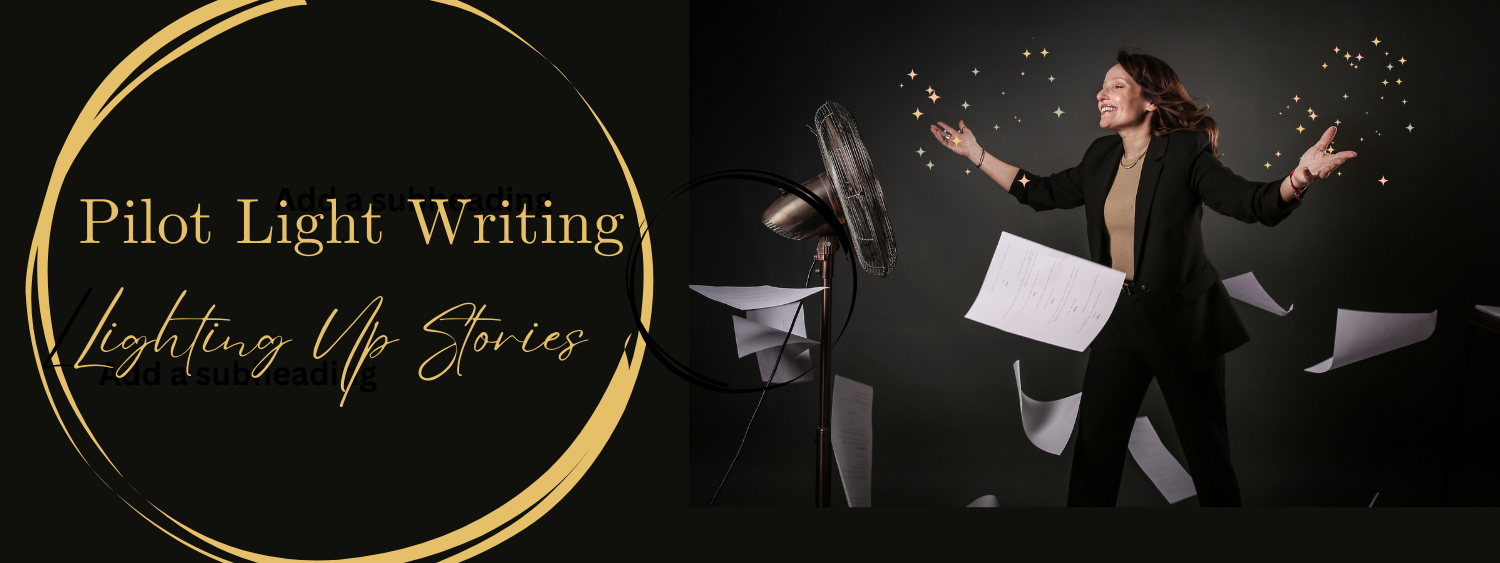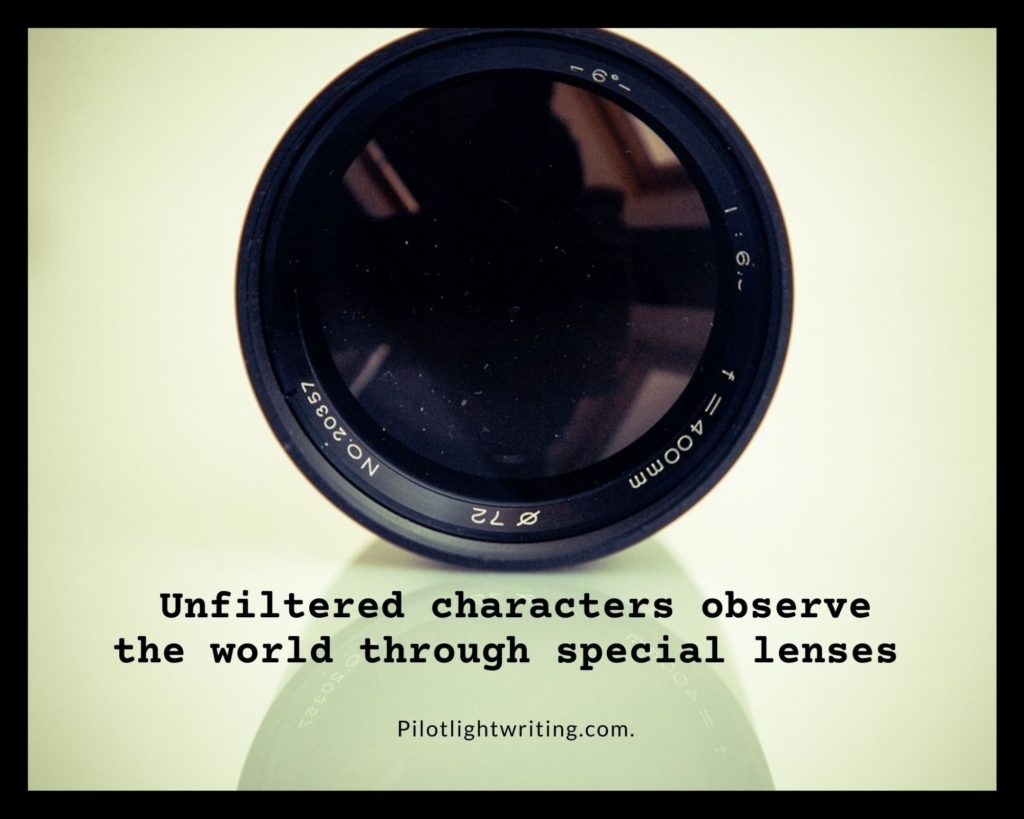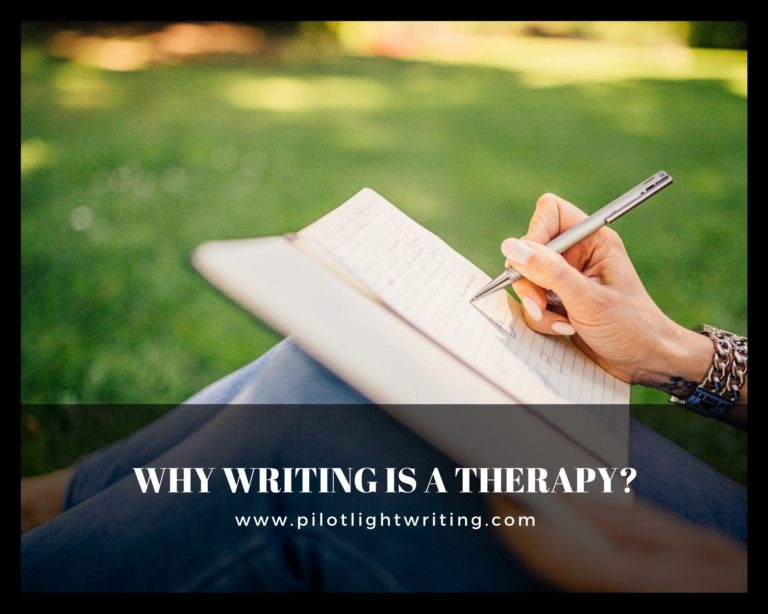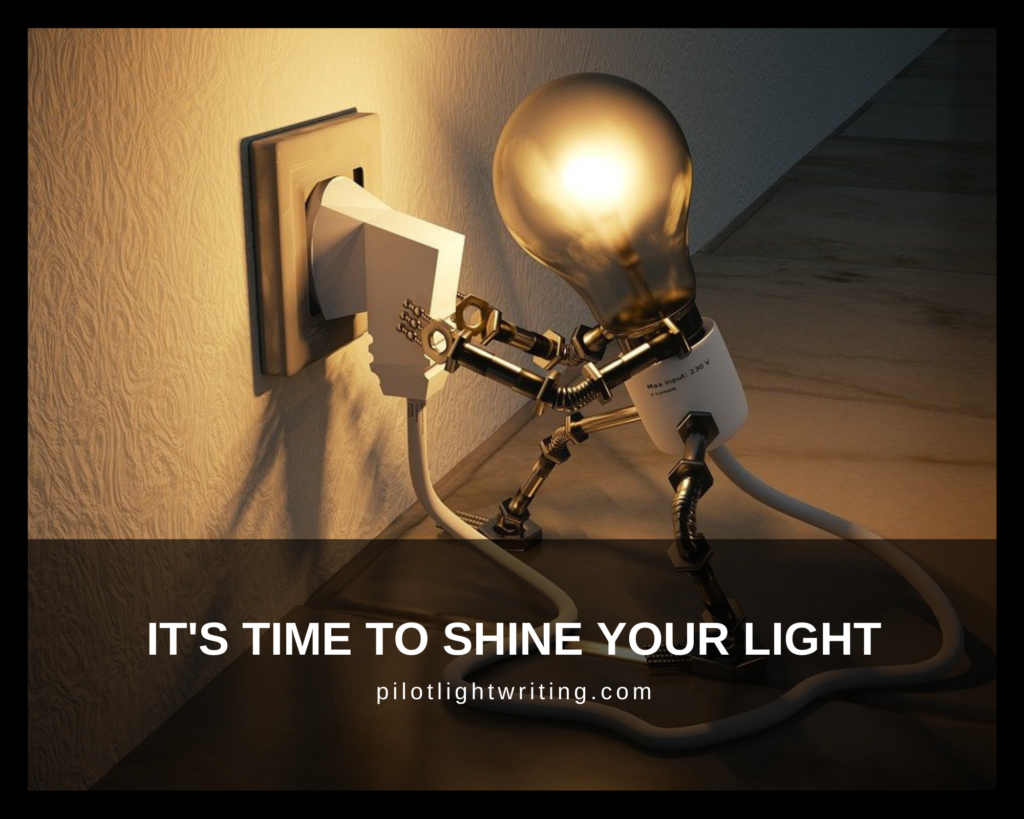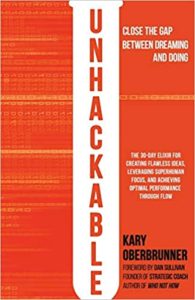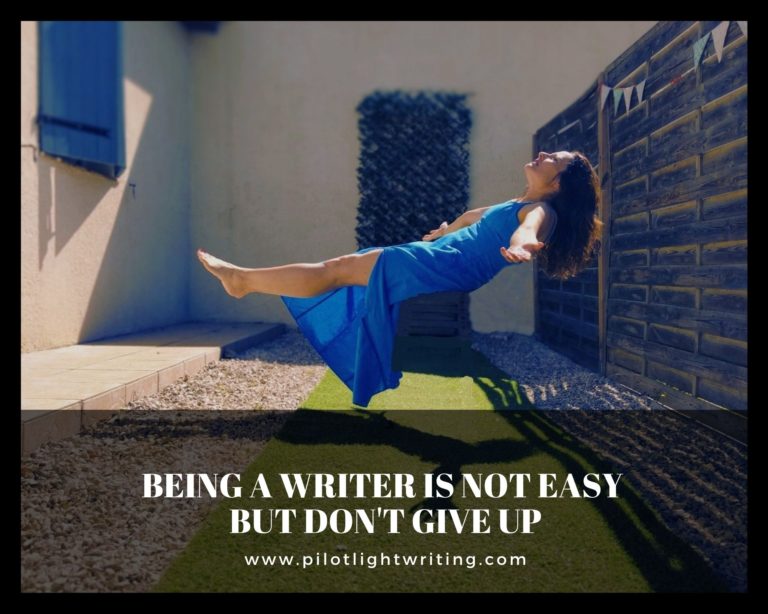
Some of my friends told me they wanted to give up on their writing career. I know that they have been working very hard for more than 15 years. They wrote screenplays and published some novels. Yet, they don’t see the light at the end of the tunnel.
They feel like giving up.
It’s understandable. Burnouts, disappointments, and rejections can drive you to the point where you feel like letting go of your dreams. (See post: How to Recover From Burnout) Especially now when competition is tougher than ever.
Myself, 17 years ago, I gave up on my writing. And I tell you what, during that time, I felt as alive as a zombie in The Walking Dead. Dead inside.
Being a writer is tough. Chasing our dreams is hard but it’s also the only way to feel alive. So before you take a reckless decision, please let me give you 10 things you could try to have your mojo back.
1. Let The Bad Momentum Play itself Out
When it rains it pours. When I lost my home, my country and became homeless, I also got sick and soon after, my husband passed away. Indeed, when it rains, it pours. Yet, what saved me was my work and my writing.
Putting all my rage and my despair on paper somehow kept me alive. I surrendered to the process of writing and somehow it made it feel slightly more bearable.
Surrender to your despair, to your sadness, to your fatigue. Don’t internalize it, it’s the worst thing you could do – it will soon become some kind of physical disease. So express it, write it and WAIT.
When you have a bad momentum, don’t fight against it. Instead surf the wave, let it take you where it wants. Don’t swim against the current, you’ll lose. Instead wait until it brings you to that peaceful beach.
2. Rest Is Success
I read a fantastic book that should be taught in every school: Why we sleep by Dr Matthew Walker. He explains how detrimental lack of sleep is to our body, mind and spirit such as:
- Depression
- Heart attack
- Diabetes
- It causes accidents
- Obesity
- Ageing etc…
Sleeping is far more important than you think. Do yourself a favor and have a minimum of 8-9 hours sleep. Go to bed early, have a nap. After a week, I promise you, you’ll feel stronger mentally and physically.
And more importantly, you’ll be more creative.
3. Find Out What Trigger This Feeling
Once rested, it’s time to reflect on what made you feel this way. Be honest with yourself. What triggered it?
A rejection? A nasty comment online? An unexpected bill? A launch that didn’t work (again)?
Trace back what caused your misery and expose it to the light.
Now answer this question: Will it matter in five years time? If the answer is no, brush it off.
4. Do Something Else
Maybe you’re sick of your writing, you don’t feel excited about it anymore. I tell you what: it’s time to try something new.
The idea is to give you a proper break. Trying something new will create new neuropathways and will excite your brain cells. You’ll feel a bit more upbeat.
Soon enough, you’ll get an epiphany while doing paddling, martial art or painting.
5. Go On A Social Media Detox
I ditched my Instagram. I also switched off ALL my notifications, and deleted most of the apps on my phone.
Do you know what happened?
My stress level went right down. Now, I’m only checking my phone when I’m ready for it and not when I’m told to do so.
So liberating!
6. Inject 5 Fun Things To Enjoy Everyday
Tell me the truth, is your life full of duties?
If so, it’s not surprising that you want to give up.
If you don’t plan some kind of reward in your day, your life will soon become like in The Shining: “All work and no play makes Jack a dull boy“.
Here is the secret though: you have to plan it. If you don’t, I promise you, you’ll do another duty because there is always something to do.
It can be anything you want but it has to be fun FOR YOU. The idea is to plan each day, five things that makes you happy. You’ll get your motivation back sooner than you think.
7.Walk
Walking is the best sport you could ever do.
It increases your energy levels, improves your mood, your memory and sleep, maintains a healthy weight, reduces stress, strengthens your immune system and so on…
Start with 10 minutes a day and increase the duration after a while.
It will make a huge difference to your health and creativity.
8.Take It One Step At A Time
Now let’s talk about your writing goals.
The key is this : One step at a time.
This is crucial. Take baby steps.
When Stephen King was asked: ‘How do you write?’ He replied: ‘One word at a time‘.
Simple. It’s okay to dream big but in terms of daily action, it’s best to have small, manageable, happy goals.
If I tell you, write the best screenplay ever now! Your body and mind will shut down automatically.
Now if I tell you: write a scene, AND it doesn’t have to be good, you have the right to get it wrong but just write it. I’m pretty sure you can do that without a sweat. If you do that everyday, you have the first draft of your screenplay finished in two or three months.
Don’t make perfection a goal. Instead, make daily action a habit.
9.Take Imperfect Action
This one is my favorite mantra. This is the first thing my friend and co-writer Kary Oberbrunner taught me and it changed my life. Take imperfect action.
You don’t need to know all the answers, you don’t need to look perfect, you don’t need to be the best writer in the world. You just need to show up and be yourself.
Do you want results? Do one action a day towards your goal. It doesn’t have to be perfect, it has to be regular.
The more actions you take, the more opportunities you get. It’s not witchcraft, it’s science.
10.Success Is An Accumulation Of Small Powerful Moments One After Another
When you look at people who succeeded, they didn’t get successful overnight.
It takes a long time to build a career.
It doesn’t matter when you started writing. My point is these people kept practicing again and over again. They accumulated mini-wins one after another. So don’t look at the big picture. Aim for the mini wins. That’s what makes the difference.
One last word… Writing is an adventure. When we read a book or watch a film, we’re looking for answers to this question: How do you survive in this society?
Of course, we don’t say that out loud to ourselves but this is what we’re looking for.
We also write to understand ourselves and others. And we also write to give our understanding of life to others. It’s an important mission. It’s a calling. So don’t give up on it please, the world needs you.
Ps: I would like to dedicate this post to one of my faithful reader, Patricia, who kindly sent me a very nice email. I replied but my email bounced back. I wish you to get better soon.
Bonus
Here some mantras you could use to get your mojo back:
- I am doing my best
- My possibilities are endless
- I have the power to create change
- There are endless opportunities around me
- Everything happens for a reason
- I am exactly where I need to be
- Small steps are also progress, great things take time
